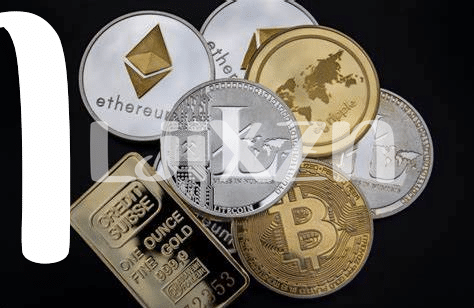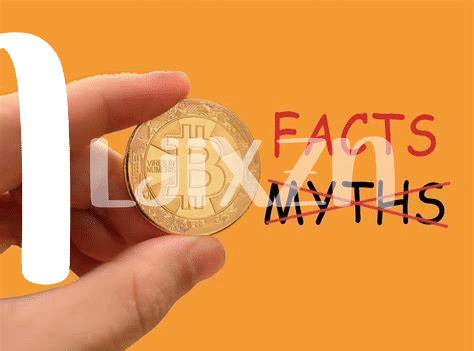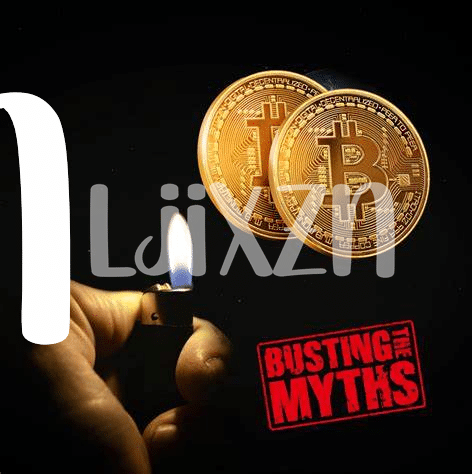What Is Bitcoin and Why Is It Valuable? 💰

Imagine someone told you about a type of money that isn’t made from paper or metal, but is created and exists completely online. That’s what Bitcoin is – a digital currency that you can’t touch or see in real life but has become very popular and valuable over the years. One reason people find Bitcoin valuable is because it’s rare, just like gold; there’s a limited amount that can ever exist. Plus, it lets folks send money across the world quickly without needing banks to do it, making life a lot easier for some.
| Feature | Description |
|---|---|
| Decentralized | No single person or organization controls it; it’s maintained by a network of computers across the world. |
| Limited Supply | Only 21 million Bitcoins will ever be created, making it rare like precious metals. |
| Global and Fast Transactions | Sending Bitcoin to someone in another country is fast, ignoring traditional bank waiting times. |
There’s also something special about how Bitcoin works that keeps it secure and trustworthy. Think of it like an unbreakable digital lockbox. Every transaction using Bitcoin is recorded in a public list that anyone can check to make sure everything is correct. This keeps things transparent and builds trust among its users, adding to its value. So, even though you might think, “How can something you can’t hold be worth anything?” the way Bitcoin is made and used gives it its value.
Debunking the No Intrinsic Value Myth 🚫
A common argument against Bitcoin is that it lacks “intrinsic value,” meaning it doesn’t hold value in itself the way gold or silver does. However, this perspective misses the mark on what value really means today. Traditionally, value was tied to physical attributes — how much gold a country had, for instance. But now, in our digital era, value is increasingly represented by what something can do for us, how it can make our lives easier or better. Bitcoin, as a decentralized form of currency, offers freedom from traditional banking systems, providing a way to transfer money across the globe quickly and without hefty fees.
Furthermore, when we unravel the narrative of intrinsic value, it’s important to consider the vibrant ecosystem growing around Bitcoin. As an indication of its growing utility and acceptance, consider reading more on the topic at https://wikicrypto.news/supply-chain-attacks-compromising-wallets-before-they-reach-you. This shift not only showcases Bitcoin’s rising acceptance but also exemplifies its inherent value derived from its functionality and the trust of its user base. Just like any technology, the value comes from what it enables us to do — and in Bitcoin’s case, it’s reshaping the way we think about and use money.
Comparing Bitcoin to Traditional Money Systems 💵

When we think about regular money, like the dollars in our wallet or the pennies in our piggy banks 🐷, it’s easy to see it as just paper and metal. But it’s really about trust; we believe it has value because our government backs it. Bitcoin shakes up this idea a bit. It’s not backed by a single government or centralized authority, but by a network of people all over the world 🌐. This network agrees on its value, and that agreement is what gives Bitcoin its power.
The way Bitcoin works is a lot different from traditional banking too. With regular money, banks control everything: they keep our money safe (hopefully), and we need their permission to move it around 🏦. Bitcoin is more like having a super-secure wallet that only you can open, and you can send money to anyone, anywhere, without needing a bank’s okay. This freedom and security are what make Bitcoin an appealing alternative for many people.
The Role of Scarcity and Demand in Value 📈

Imagine going to a store and finding out there are only 10 chocolate bars left in the world. Suddenly, those chocolate bars are more than just sweet treats; they become treasures! This is essentially how scarcity works. Just like those limited chocolate bars, Bitcoin is valuable because there’s only a set amount to be had – 21 million, to be exact. Now, mix in demand, which is like how many people want those chocolates. The more folks craving them, the higher their value shoots up. Bitcoin’s allure partially stems from this balance of limited quantity and high demand. People worldwide are now recognizing its worth, not just as digital money, but as a potential hedge against inflation, similar to gold. This combo of scarcity and demand has catapulted Bitcoin from an intriguing digital experiment to a notable player in the financial world. It’s fascinating to see its acceptance grow, with more folks learning about it every day. For those keen on the broader tech landscape affecting Bitcoin’s future, including bitcoin forks and their impact security concerns, there’s plenty to explore.
Real-world Uses and Acceptance of Bitcoin 🌎
Imagine walking into a coffee shop, scanning a QR code, and paying with digital money. That’s not futuristic fiction; it’s happening today with Bitcoin. Around the globe, from small vendors to large corporations, Bitcoin is stepping out of the shadows and into the sunlight of mainstream acceptance. It’s not just for buying a latte; think bigger, like buying a car or a house. The digital currency, once a niche interest for tech enthusiasts, is now being accepted by various businesses, making it easier for people to use in their daily lives. This move is not just a nod to convenience but a testament to its growing trust and reliability.
| Real-world Use Cases | Examples |
|---|---|
| Shopping | Online and in-store purchases |
| Travel | Flight and hotel bookings |
| Investments | Buying property, stocks, and more |
| Services | Paying for legal, consulting, and other services |
Beyond everyday transactions, the acceptance of Bitcoin is a bold leap towards digital empowerment. Countries grappling with economic instability are witnessing people turn to Bitcoin, not just as an investment but as a stable means to store and transfer funds, bypassing fluctuating local currencies. This digital shift is reshaping how we think about money, control, and accessibility, laying down the tracks for a future where financial freedom is in the palm of our hands, not locked away in the vaults of traditional banking systems.
Future Potential: Beyond Just a Currency 🚀

When we think of Bitcoin, often the first thing that comes to mind is its use as a digital currency. However, the potential applications for Bitcoin stretch far beyond just buying and selling things. Imagine a world where Bitcoin technology underpins not just money transfers, but also legal contracts, property sales, and even voting systems. This isn’t just a dream. Developers and entrepreneurs around the globe are already working on such applications, leveraging Bitcoin’s technology to make processes more transparent, secure, and efficient. With its decentralized nature, Bitcoin could revolutionize not only our financial system but various sectors by offering a new level of trust and accessibility.
Moreover, the growing acceptance of Bitcoin in various industries hints at its future potential. It’s becoming more than just an investment or a speculative asset; it’s evolving into a foundational technology with a wide range of applications. However, as we dream about the possibilities, it’s also crucial to stay informed about the security aspects of Bitcoin technology. Concerns regarding the security of bitcoin hardware wallets lead us to explore deeper into bitcoin consensus mechanisms security concerns, highlighting the importance of robust security measures for the wider adoption and success of Bitcoin in the future. As we look ahead, Bitcoin seems poised not just to change the way we think about money, but potentially to alter the landscape of numerous industries by providing a new infrastructure for digital interactions.
